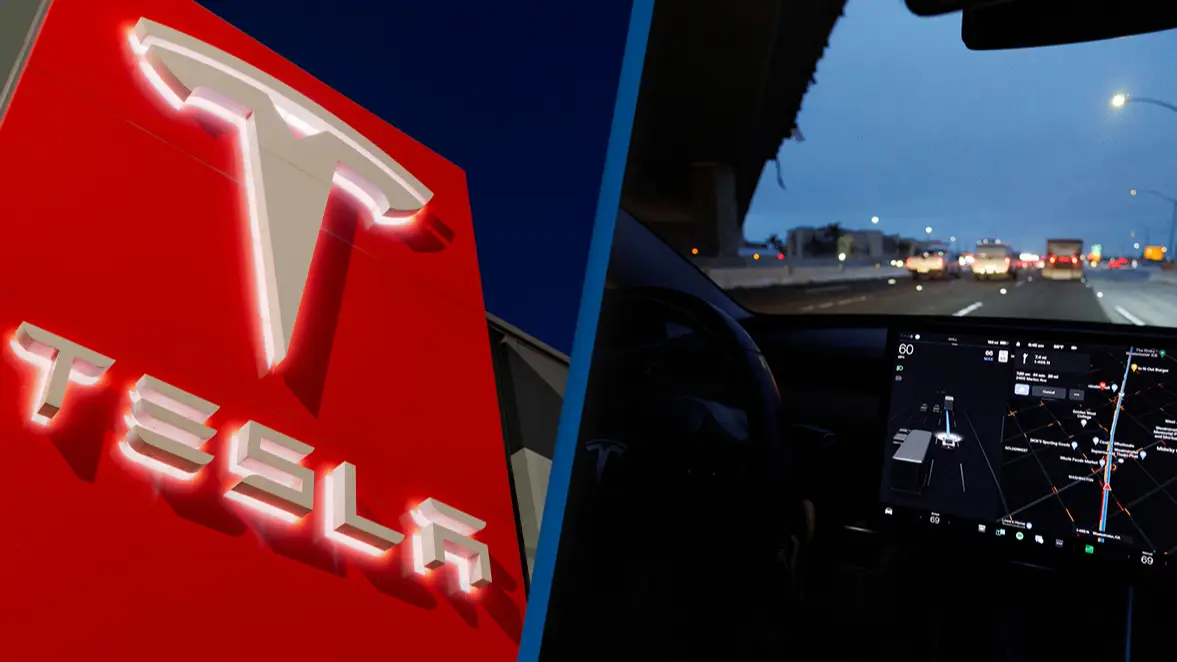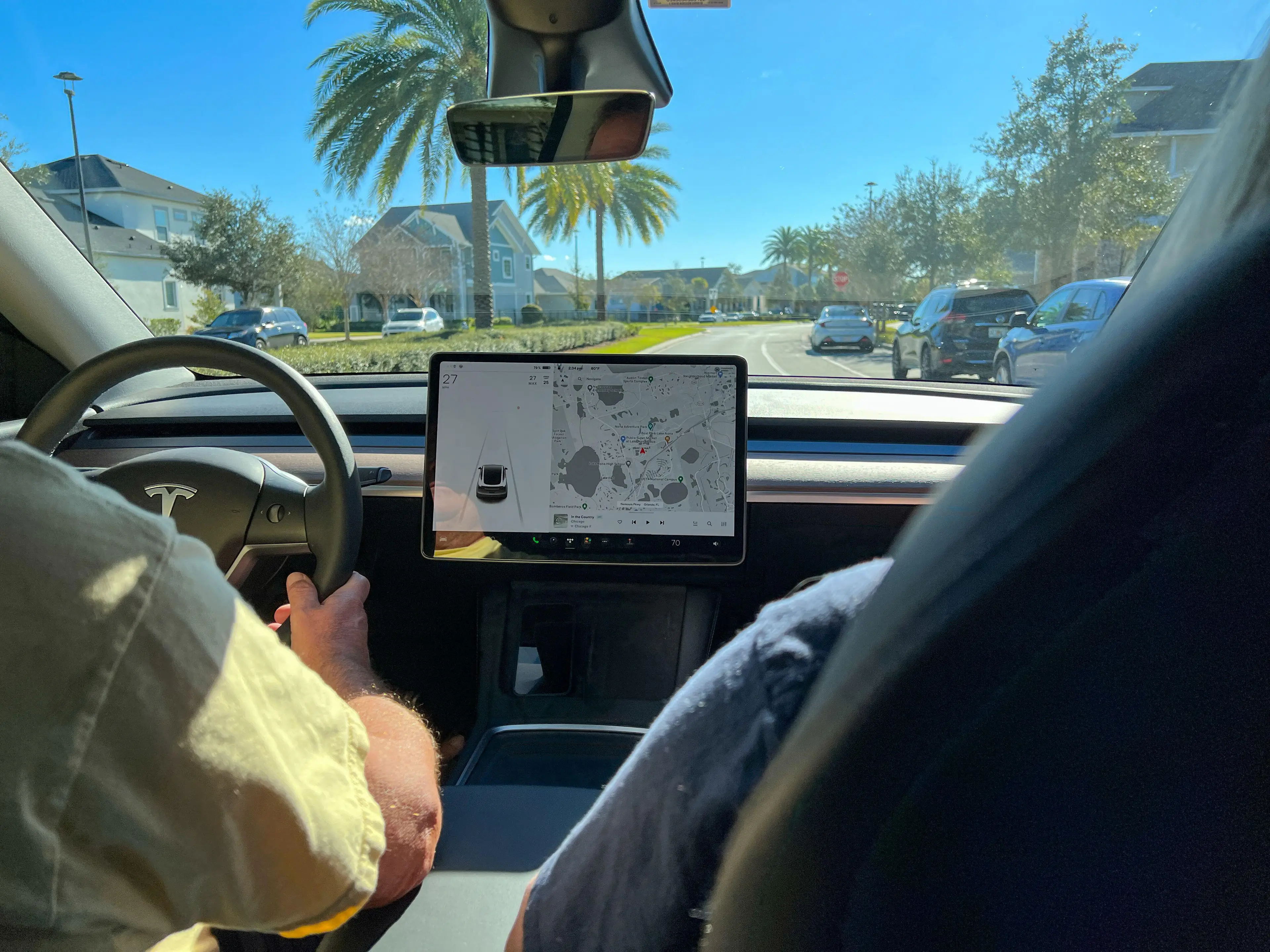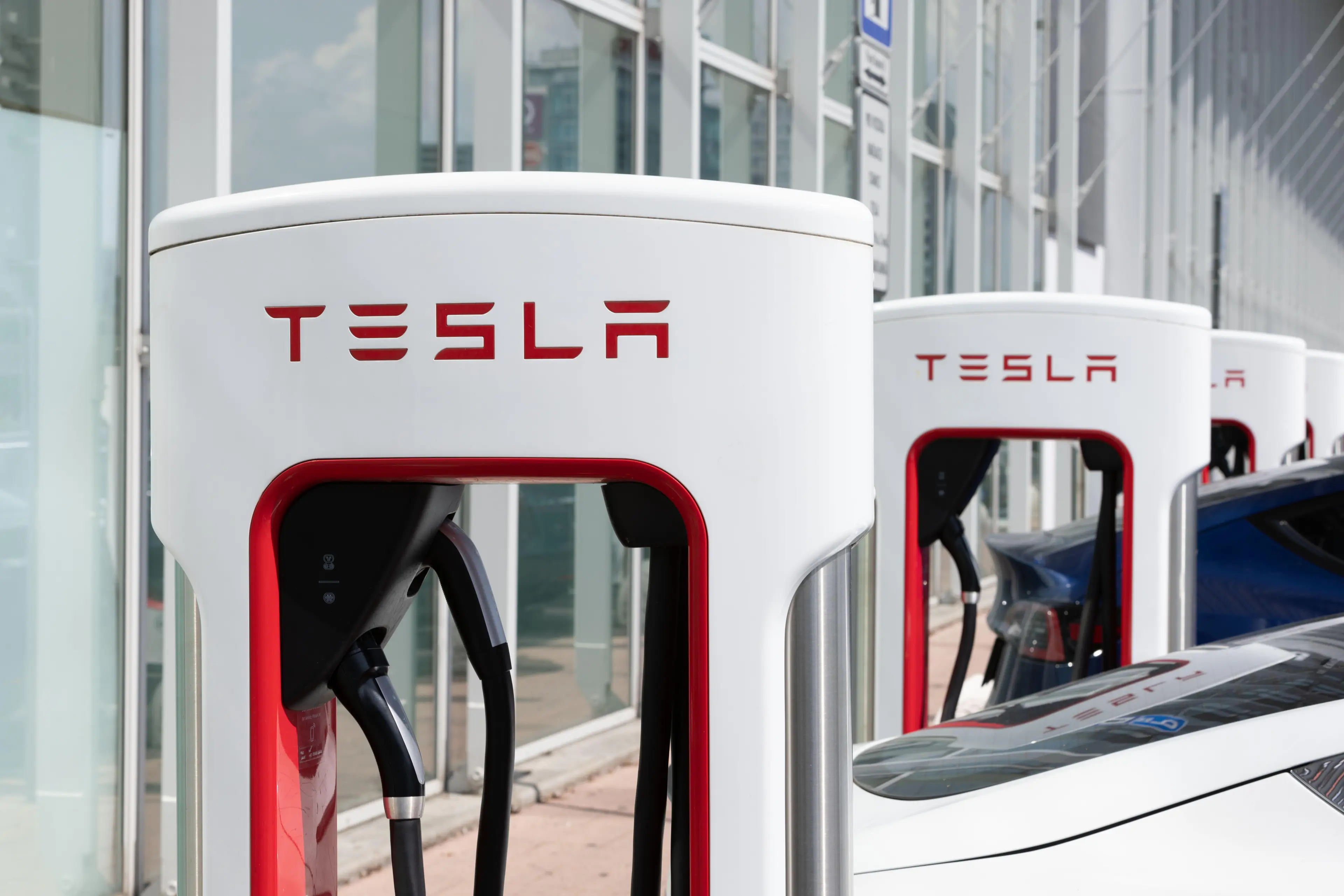A first-of-its-kind manslaughter trial is set to determine the culpability of a driver involved in a fatal crash while driving a Tesla on autopilot.
Kevin George Aziz Riad was driving a Tesla Model S in California in December 2019 when he ran a red light at 74mph, left the road and smashed into a Honda Civic at an intersection, police said.
The crash killed Gilberto Alcazar Lopez, 40, and Maria Guadalupe Nieves-Lopez, 39, who were in the Civic and were on their first date that night, relatives told the Orange County Register.
In May, a judge ruled there was enough evidence to try Riad on two counts of vehicular manslaughter, and the trial will begin on 15 November.
The car's Autopilot system - which can control speed, braking and steering - was engaged at the time of the crash, but Tesla's website states that its driver assistance systems 'require active driver supervision and do not make the vehicle autonomous'.
Edward Walters - an adjunct professor at the Georgetown University law school, who specialises in the law governing self-driving cars - told Reuters: "Who's at fault, man or machine?
"The state will have a hard time proving the guilt of the human driver because some parts of the task are being handled by Tesla."
Tesla does not face charges in the case and did not respond to Reuters' request for comment.
It comes after government data recently revealed that eleven people were killed in US crashes involving vehicles using automated driving systems during a four-month period earlier this year.
Joni Hanebutt / Alamy Stock Photo Ten of the deaths involved vehicles made by Tesla, though it is unclear from the National Highway Traffic Safety Administration (NHTSA)'s data whether the technology itself was at fault or whether driver error might have been responsible. The 11th death involved a Ford pickup truck.
The deaths - which were reported from mid-May until September - included four crashes involving motorcycles that occurred during the spring and summer, two in Florida and one each in California and Utah.
Safety advocates note that the deaths of motorcyclists in crashes involving Tesla vehicles using automated driver-assist systems have been increasing.
The new fatal crashes are documented in a database that NHTSA is building in an effort to broadly assess the safety of automated driving systems, which, led by Tesla, have been growing in use.
Tesla alone has more than 830,000 vehicles on US roads with the systems.
ZUMA Press, Inc. / Alamy Stock Photo The agency is requiring car and tech companies to report all crashes involving self-driving vehicles as well as cars with driver assist systems that can take over some driving tasks from people.
In June, the agency released data it had collected from July of last year until 15 May, which showed six people died in crashes involving the automated systems and five were seriously hurt.
At the company's artificial intelligence day in September, CEO Elon Musk asserted that, based on the rate of crashes and total miles driven, Tesla's automated systems were safer than human drivers - a notion that some safety experts dispute.
"At the point of which you believe that adding autonomy reduces injury and death, I think you have a moral obligation to deploy it," Musk said.
"Even though you’re going to get sued and blamed by a lot of people. Because the people whose lives you saved don't know that their lives were saved."

 Jake Massey
Jake Massey
